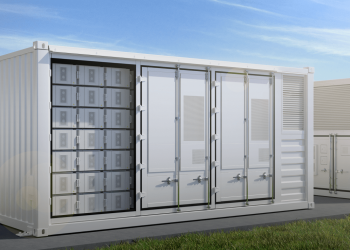Huawei Prepares to Test Ascend 910D AI Chip to Challenge Nvidia’s H100
Huawei is advancing its ambitions for tech self-sufficiency by preparing to test its most powerful artificial intelligence chip yet, the Ascend 910D, according to a Wall Street Journal report.
Sources reveal Huawei expects the first sample batches of the Ascend 910D to arrive by late May. The chip is designed to rival Nvidia’s H100 processor, which has become a cornerstone for AI development but has been banned from Chinese markets under U.S. export controls since 2022.
Huawei’s move highlights China’s broader push to bolster domestic semiconductor capabilities as trade tensions with the U.S. escalate. Chinese firms are barred from purchasing the most advanced chipmaking tools and high-end processors, prompting a race for indigenous innovation.
Despite heavy U.S. sanctions since 2019, Huawei has demonstrated resilience. In 2023, it surprised markets by launching a smartphone powered by a domestically-produced advanced chip, signaling progress despite supply chain restrictions.
Currently, Huawei’s earlier AI chip, the Ascend 910C, is already in use for inference tasks by AI startups like DeepSeek. Beijing is also urging local companies to replace foreign technology with homegrown alternatives.
However, challenges remain. Huawei must rely on Chinese chipmakers such as Semiconductor Manufacturing International Corporation (SMIC), which reportedly has lower production yields compared to global leader TSMC, pushing up costs.
While Huawei’s AI chips are closing the gap, experts note they still trail Nvidia’s cutting-edge products in raw performance. Nevertheless, the launch of the Ascend 910D would mark a significant milestone in China’s effort to carve out its own space in the global AI hardware market.







